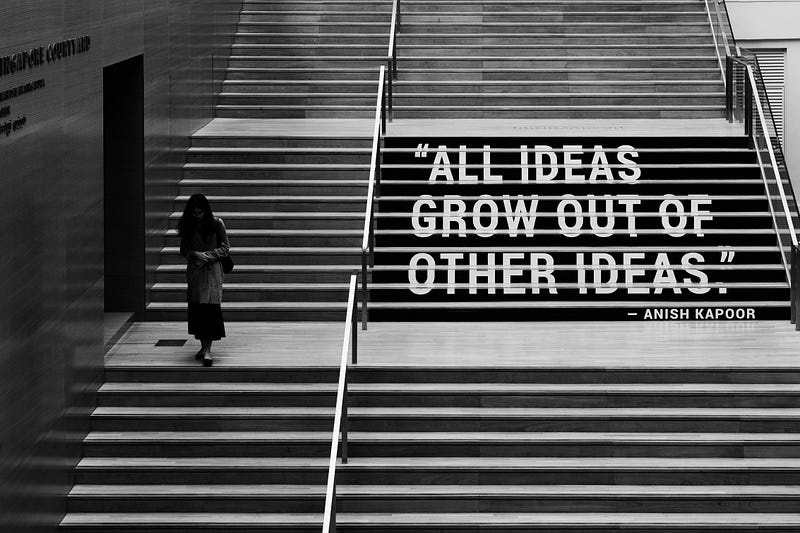A Discussion of Bourgeois Equality Chapter 53 “It Was Not a Deep Cultural Change”
Dr. McCloskey continues to examine the power of rhetoric, what we may now call the narrative, on society and the economy.
Why did the Great Enrichment take root around 1700 in England?
Capitalism and the Hockey Stick
Many theories and causes have been posited over the years such as better property rights enforcement, an increase in the number of gifted people, the scientific revolution, imperialism, and many more. (p. 505)
McCloskey says none of those factors are a sufficient explanation.
Further, why did it begin growing in England around 1700 but petered out a century before in the Netherlands and a few hundred years before that in Italy?
In each of those other times and places, the rhetoric to support the common man’s pursuit of trade-tested betterment was not there.
In 1700, however, the absence of the new dignity for merchants and inventors in Britain would have led to the crushing of enterprise, as it had always been crushed before. Governments would have blocked invention de novo or reuses of older technologies in order to protect vested interests, as they always had done. Gifted people would have opted for careers as soldiers or priests or courtiers, as always…In France and Italy that is what happened…(p. 507)
She discussed in an earlier chapter that the Great Enrichment almost kicked off in the Netherlands 100 years before England, but it was vested interests with monopoly power that stopped it.
Why We Need a Supportive Government not a Predatory One
It was the rhetoric that favored the common man employing the trade-tested system of betterment that allowed things to continue and grow in England. While in previous times, vested interests undid the rhetoric, in England several factors came together to reinforce it.
And the New Bourgeois Respect Created Vested Interests Supportive of the Great Enrichment
Rhetoric can change rapidly as compared to a deep cultural change. McCloskey cites several examples of rhetorical reversals transforming countries in a short time. (p. 507)
- From the British elections of 1918 to 1922, the rhetoric of the working class led to the demise of the Liberal party and the rise of the Labor party
- Free speech as we know it in the US was defined by two Justices, Holmes and Brandeis, in a dissenting opinion that should caution us away from our current redirection towards censorship
- The rhetoric under the McKinley/Teddy Roosevelt and Wilson administrations took the historically isolationist US into the interventionist we are still dealing with today
These rhetorical shifts cause societal changes in a generation or less. That is too little time to be able to ascribe it to a change in culture.
But if rhetoric can cause such a big change in a short time, then the rhetoric in favor of the trade-tested system of betterment could swiftly change society as well.
{C}ultures and societies and economies require an animating spirit, a “Geist,” an earnest rhetoric of the transcendent, and that such rhetoric matters to economic performance…Yet the “Geist” of betterment was not deep. It was superficial, located in the way people talked. Such a rhetoric could be changed, and often was. (p. 508)
We have numerous examples of countries turning their economies around in a generation or less when they adopt the rhetoric of the Bourgeois Deal: South Korea, Thailand, Ireland, and Singapore to name a few. (p. 510)
We see it also in China’s extraordinary growth this century.
In China the talk (and admittedly also the police action) of the Communist Party down to 1978 stopped all good economic betterment in favor of collective farms. Afterward the regime gradually allowed betterment, and now China buzzes with talk of this or that opportunity to turn a yuan. (p. 508)
What rhetoric can make, it can also unmake. We owe our economic progress to the rhetoric that esteems the common man to be free to innovate and compete, that esteems the value of hard work, and that esteems the virtues of prudence, justice and temperance.
Adam Smith is not Responsible for Sociopath Max U
If we allow the rhetoric of the aggrieved, the unlucky, and the opportunists to triumph, we could kill our golden goose in a generation. Or less.
Reference: McCloskey, Deirdre Nansen, 2016. “It Was Not a Deep Cultural Change” Chapter 53 of Bourgeois Equality, The University of Chicago Press.




